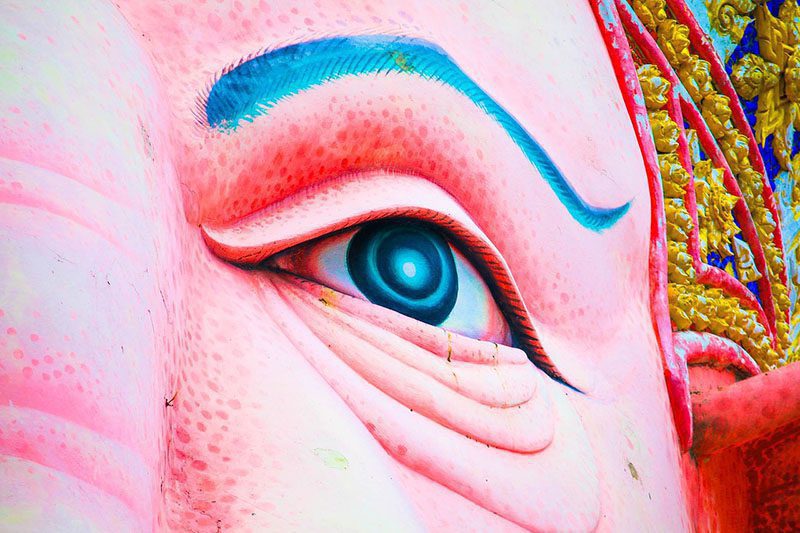One of the grandest and enthusiastically celebrated festivals in India is Ganesh Chaturthi. It is also known as Vinayaka Chaturthi and is one of the important Hindu festivals celebrated across India with great devotion. The scale and colors of the celebration of the festival can be especially witnessed in Maharastra and adjoining states.
This is about all the details about the Ganesh Chaturthi festival in Hinduism.
Why is Ganesh Chaturthi celebrated?
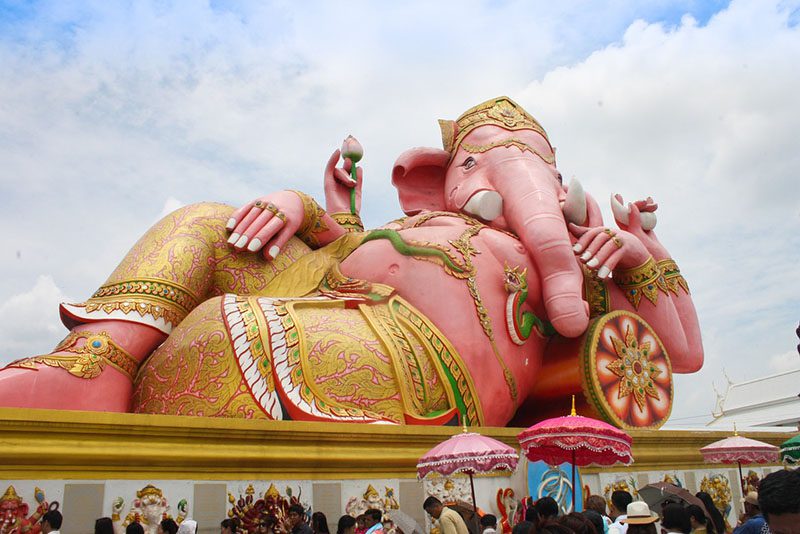
Ganesh Chaturthi marks the birth of Lord Ganesh, the most iconic and elephant-headed son of Lord Shiva and Goddess Parvati. For Hindus Lord Ganesh is the ultimate symbol of wisdom, prosperity and foremost a good fortune.
When is Ganesh Chaturthi celebrated?
Ganesh Chaturthi is a long ten-day festival quite similar to Durga Puja, it starts on the fourth day of Hindu lunisolar calendar month Bhadrapada, which typically falls in the months of August or September of the Gregorian calendar.
Ganesh Chaturthi 2022 will be celebrated on Wednesday, 31 August
The festival is held during “Bhadrapada Madyahanaa Purvabaddha”. If the Chaturthi Tithi (date) begins at night on the previous day and gets over by morning on next day then the next day is observed as Vinayaka Chaturthi.
How is Ganesh Chaturthi celebrated?
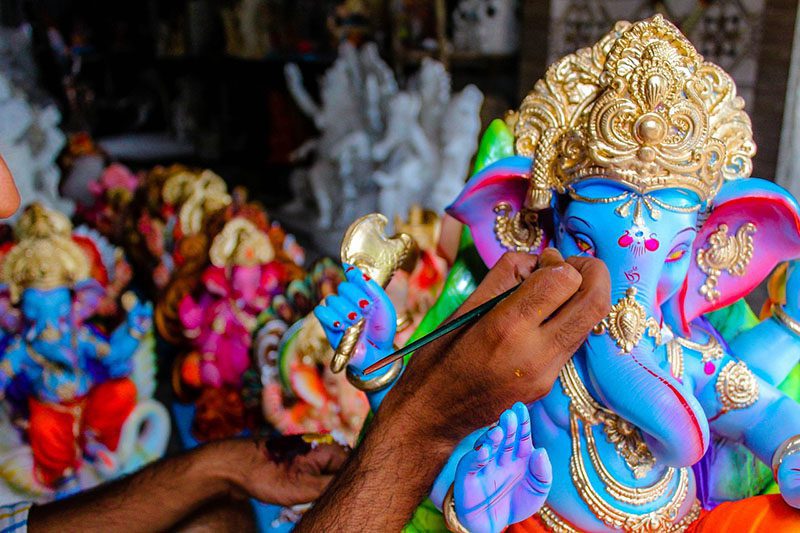
It is a ten-day festival that starts with people bringing the Lord Ganesh idols to their homes and worship. There is, however, also a collective celebration within communities where large clay statues of Lord Ganesh are publicly installed in huge pandals.
The celebration is usually funded either from donations by local residents or hosted by businesses or community organizations.
The making of the Murti (Idol) in Maharashtra usually begins with “Padya pooja” or worshipping the feet of Lord Ganesh. The Murti’s are brought to “pandals” on the day or a day before the festival begins. The pandals have elaborate decoration and lighting.
Ganesh Chaturthi Celebration at home
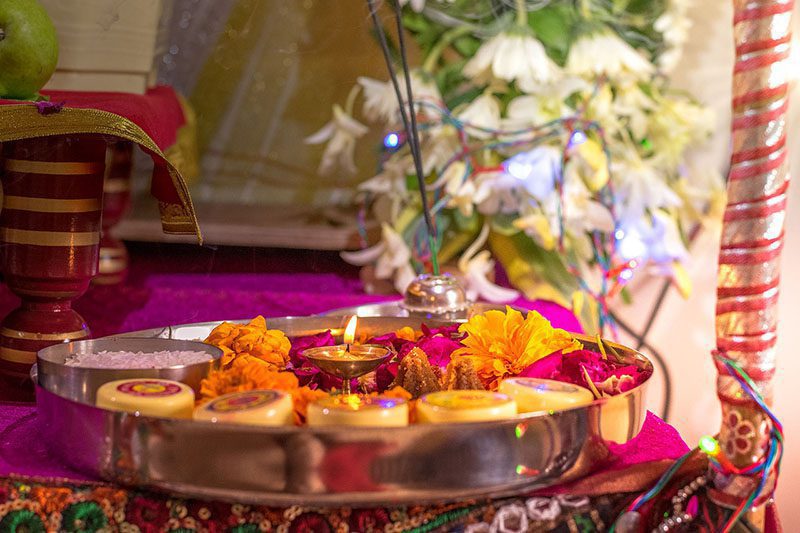
Most households also celebrate the festival at home. The festival preparation includes buying puja (worship) items or accessories usually much in advance and booking the Ganesh Murti (Idol) as early as a month beforehand from local artisans who specialize in making idols.
The murti is brought home either a day before or on the day of the Ganesh Chaturthi itself. Families decorate a small, clean portion of the house with flowers and other colorful items before installing the idol. When the Murti is installed, it and its shrine are decorated with flowers and other materials.
On the day of the festival, The ceremonial installation of the clay murti (idol) is done along with chants of holy mantras and pooja including bhajans during a certain auspicious period of the day.
The end of the Ganesh Chaturthi festival is marked with a grand festival procession
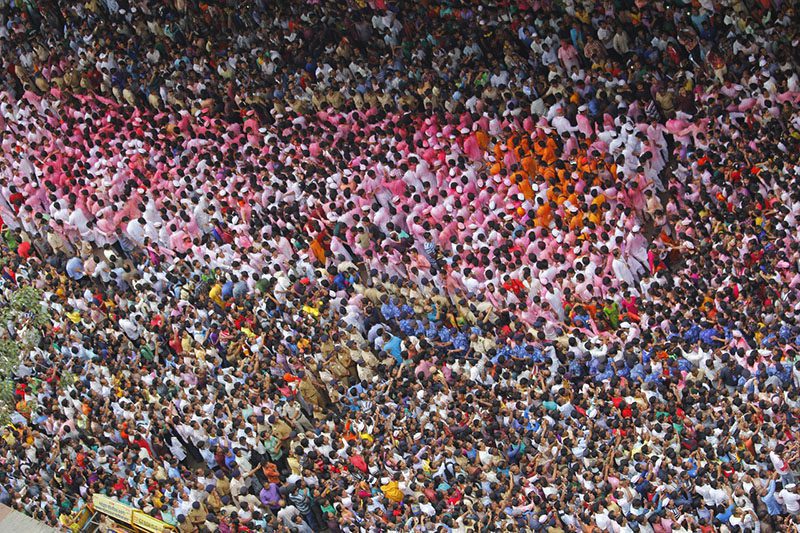
The festival ends on the tenth day after the start, and the idol is carried in a public procession with music and group chanting, then immersed in a nearby body of water such as a river or ocean
What does lord Ganesh signify?
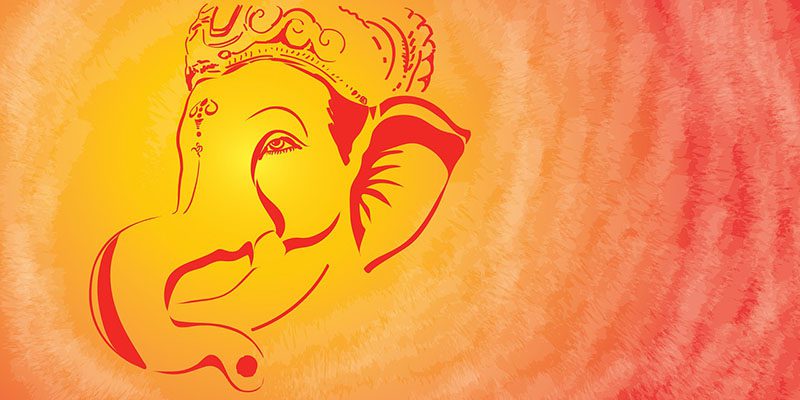
As per Hindu mythology, Lord Ganesh is considered as “Vighana Harta” (one who removes obstacles) and “Buddhi Pradaayaka” (one who grants intelligence). This festival is very important for students, they worship Lord Ganesh to illumine their minds.
All Hindu rituals start and the celebration starts with chants of Lord Ganesh Mantras and there is also a story behind why this happens.
Immersion of Ganesha statue in the water
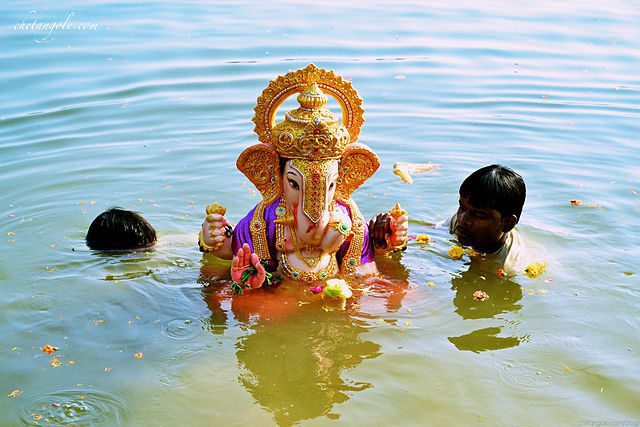
It is a widespread ritual in Hindus to worship idols, or statues, of various gods because it gives them a visible form to pray to.
They also recognize that the universe is in a constant state of change. Form eventually gives away to formlessness. However, the energy still remains. The immersion of the statues in the ocean, or other bodies of water, and subsequent destruction of them serves as a reminder of this belief.
